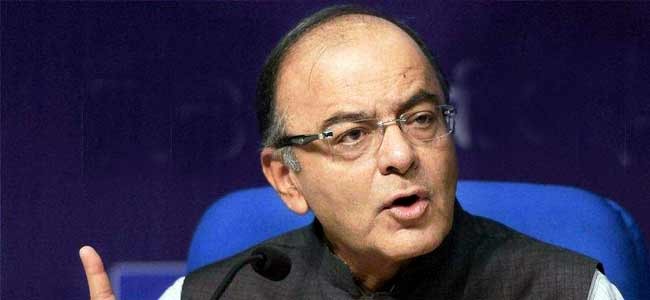
No new powers have been conferred for surveillance, the government said on Friday while downplaying the controversy over its decision to put in place a cyber monitoring mechanism that the opposition parties slammed as a move to snoop on citizens.
The protocol being used till now was a standard operating procedure put in place in 2009 but now it has been made more transparent, government officials said.
Late on Thursday night, the Centre passed an order giving powers to 10 agencies to intercept, monitor and decrypt all data contained in any computer system.
The decision triggered a political row with opposition and activists raising an alarm over privacy of citizens being compromised.
Calling it an "ill-informed campaign", Finance Minister Arun Jaitley said there is "no general snooping order" and that the Home Ministry's decision is in the interest of national security.
"In fact, during UPA-II in a detailed debate in Parliament relating to a corporate lobbyist, the then Home Minister P Chidambaram strongly defended this power of interception being given to taxation authorities," Jaitley said.
The Ministry of Home Affairs that came out with the order clarified that the notification does not confer any new powers. "The entire process is subject to a robust review mechanism... Every individual case will continue to require prior approval of home ministry or state government. MHA has not delegated its powers to any law or security agency," the ministry said in a release.
The government clarified that it would still need the approval of Union Home Secretary at the Centre and chief secretaries in the states.
It also stated that all cases of interception or monitoring or decryption are to be placed before the review committee headed by cabinet secretary, which shall meet at least once in two months to review such cases. In case of state governments, such cases are reviewed by a committee headed by the Chief Secretary concerned.
According to an earlier order, the Union home secretary is also empowered to authorise or sanction the intelligence and security agencies for undertaking tapping and analysis of phone calls under the provisions of the Indian Telegraph Act.
"The above notification will ensure that provisions of law relating to lawful interception or monitoring of computer resource are followed and if any interception, monitoring or decryption is required for purposes specified in Section 69 of the IT Act, the same is done as per due process of law and approval of competent authority i.e. Union Home Secretary," MHA said.
The MHA statement also added that adequate safeguards are provided in the IT Act 2000. Similar provisions and procedures already exist in the Telegraph Act along with identical safeguards. The present notification is analogous to the authorisation issued under the Telegraph Act.
"A similar system was being followed but there was no statutory backing to the rules," said a home ministry official.
According to the order, 10 agencies are now empowered under the Information Technology Act for computer interception and analysis.
They are: Intelligence Bureau, Narcotics Control Bureau, Enforcement Directorate, Central Board of Direct Taxes, Directorate of Revenue Intelligence, Central Bureau of Investigation, National Investigation Agency, the Research & Analysis Wing, Directorate of Signal Intelligence (in areas of J&K, North East, Assam) and Delhi Police.
The agencies have been authorised "for the purpose of interception, monitoring and decryption of any information generated, transmitted, received or stored in any computer resource under the said Act (section 69 of the IT Act, 2000)", the order states.
Section 69 of the IT Act deals with the "power to issue directions for interception or monitoring or decryption of any information through any computer resource".


.jpeg)

